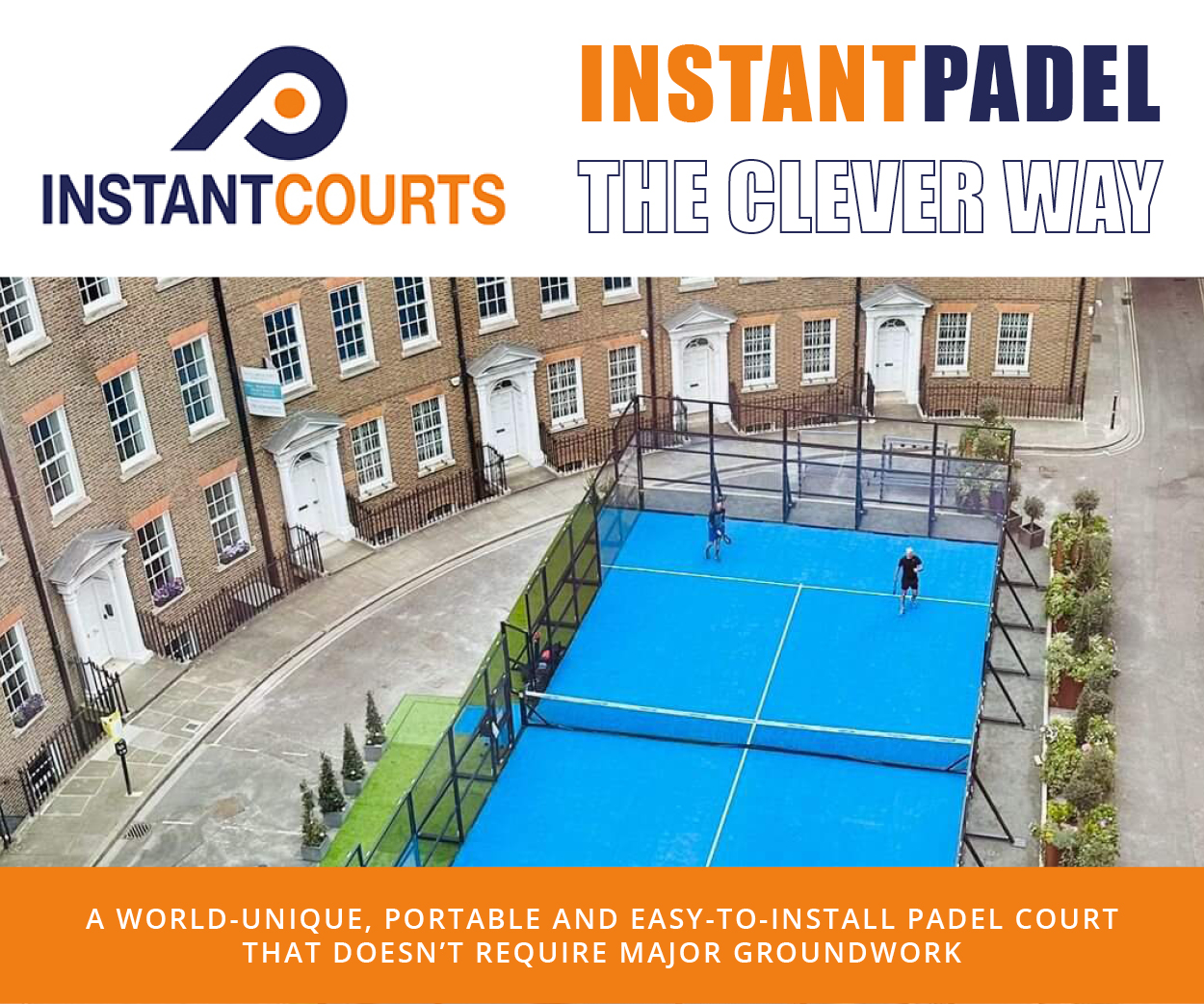Padel’s explosion in the USA continues with news that developers are converting a 124-year-old abandoned hydroelectric power plant in Richmond, Virginia into a padel club.
The derelict plant was recently purchased by development firm Thalhimer Realty Partners (TRP) and Washington DC-based Nordheimer Cos. for $3.15 million. They are preparing to convert it into Padel Plant, a venue with about a half-dozen padel courts plus pickleball courts and a food-and-beverage concept.
Richmond BizSense’s Mike Platania reports: “After discovering and falling in love with padel a few years ago, brothers Samuel and Alex Nordheimer began kicking around the idea of opening a padel venue but struggled to find the right location.”
“We finally found the hydro plant,” Alex Nordhemier told Platania, before adding, “We were like, ‘Holy crap. This is the one.’”

The 19,000-square-foot former hydroelectric plant has been shuttered for over 50 years, but the developers plan to leave the building largely intact as they transform it into one of the largest padel clubs currently operating on the eastern seaboard.
In fact, with its six planned courts, Padel Plant will actually have more padel courts than large, well-established clubs in the eastern U.S. like Padel Haus in Brooklyn, PADELphia in Philadelphia or Sports Haus in Norwalk, Connecticut.
What’s more, Padel Plant will be only the second venue in the state of Virginia to feature padel courts after the Greencroft Club in Charlottesville, with the next closest courts currently being in either Baltimore or Raleigh.
While the developers behind the project report that the majority of the padel courts will be housed inside, they are planning to also have one or two outdoor courts. All of the pickleball courts will be indoors.
Although details are still being worked out, they’ve also said they are hoping to work with a local restaurant operator to run a full-service, indoor/outdoor restaurant at the venue.

According to Platania’s report, Padel Plant will operate like a club, in which folks can join and receive discounts and other perks, but the courts and the restaurant will also be open to the public.
“We’re planning to make [padel] more accessible and we want to make this almost like a social hub for the Canal Walk to really bring life back to it,” developer Samuel Nordheimer told Platania.
Two further features of the building that really make it stand out are the fact that it boasts incredibly lob-friendly 35-foot ceilings and is known for its many colourful murals that line the Canal Walk of the Shockoe Slip Historic District.
The developers behind the project told Platania that while there will be some alterations to the façade, the plan is to preserve the existing murals and give previous muralists opportunities to paint new ones on the building.
TRP principal Drew Wiltshire said: “[The murals] are something we think are actually an asset for the project. We intend to retain them as we redevelop it.
“Our real goal is to spread the ‘padel’ word and educate people. I think the facility will do a lot to get people interested in it. Once people are, it’s pretty addictive.”

This article first appeared on our US sister title The Padel State. Portions of the original article were repurposed with permission from Mike Platania from his Richmond BizSense article on 11 January: Developers ready to kick off transformation of Haxall hydro plant into ‘Padel Plant’










































